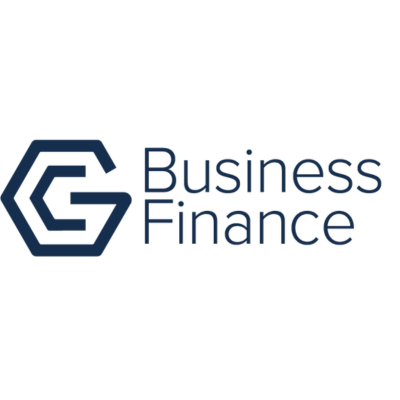
Debt vs Equity Funding: An SME’s Guide to Choosing the Right Path
8th October 2025, 10:21 am
For SMEs, choosing between debt and equity funding can define your business trajectory. Having supported over 86,000 businesses with more than £1bn in funding, we’ve seen how the right funding choice transforms companies across Greater Manchester, Merseyside, Lancashire, Cumbria and Cheshire.
Understanding Debt Funding
Debt funding is the more straightforward option: borrow money, repay with interest, retain complete ownership. You maintain full control over decisions whilst accepting responsibility for regular repayments regardless of business performance.
The Start Up Loans Scheme provides up to £25,000 per director over one to five years for new businesses, offering government-backed funding with comprehensive business support.
The NPIF 2 Smaller Loans Fund delivers £25,000-£100,000 to North West businesses struggling with mainstream funding access, perfect for expansion or equipment purchases whilst preserving ownership.
Debt suits businesses seeking predictable growth with steady cash flows, think manufacturing firms upgrading equipment or retailers expanding locations.
Exploring Equity Funding
Equity funding exchanges company shares for investment, bringing investors as partners in your journey. You gain capital without repayment obligations, plus access to expertise, networks, and strategic guidance. However, you’re sharing ownership and future profits.
Through GC Angels, we’ve supported over 30 early-stage businesses with raises exceeding £30 million. Our collaborative approach provides access to the investment ecosystem across the North, offering mentorship and industry connections alongside capital.
Equity particularly benefits high-growth, scalable businesses e.g. fintech start-ups, innovative manufacturers, or creative agencies with national ambitions.
Key Considerations
- Cash flow vs control: Debt demands regular repayments but preserves ownership. Equity provides breathing room but dilutes control and future returns.
- Growth trajectory: Steady businesses often prefer debt’s predictability. High-growth ventures benefit from equity’s strategic support and larger funding rounds.
- Risk tolerance: Debt places repayment obligations on businesses, often including personal responsibility for directors. Equity shares risks with investors whilst reducing individual exposure.
- Industry fit: Traditional sectors like manufacturing may favour debt for equipment purchases. Technology and Innovation industries often gravitate toward equity due to scalability potential and investor expertise.
Making Your Choice
The decision isn’t binary many successful businesses combine both throughout their growth journey. A tech start-up might begin with Start Up Loans for validation, transition to equity funding for scaling, then return to debt for working capital.
Consider: How quickly do you need funding? What control level are you comfortable relinquishing? Does your business model suit rapid scaling or steady growth? Would strategic investor guidance benefit your sector?
The North West Advantage
Our region’s collaborative business ecosystem ensures entrepreneurs can access guidance and connect with appropriate funding partners. Through GC Business Finance’s comprehensive approach spanning Start Up Loans, NPIF 2 Smaller Loans, and GC Angels entrepreneurs access the full funding spectrum under one roof.
Understanding your business’s unique circumstances, growth ambitions, and risk tolerance determines the right path. Whether choosing debt’s predictability or equity’s collaborative journey, the North West’s vibrant business community provides the support you need.
Explore funding options at Start Up Loans, NPIF 2 Smaller Loans, or GC Angels.
The much anticipated Autumn Budget is fast approaching, but what could it mean for you?